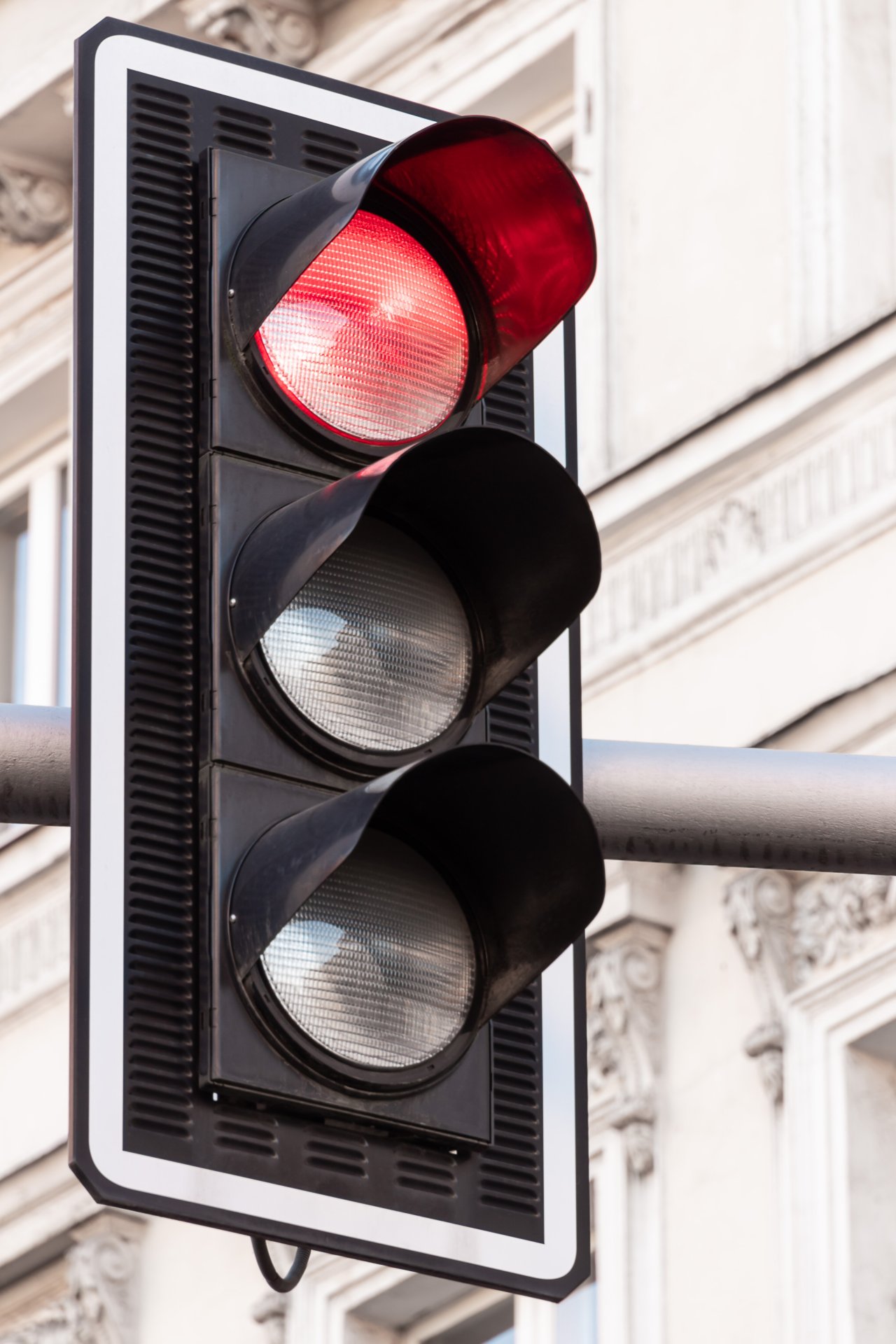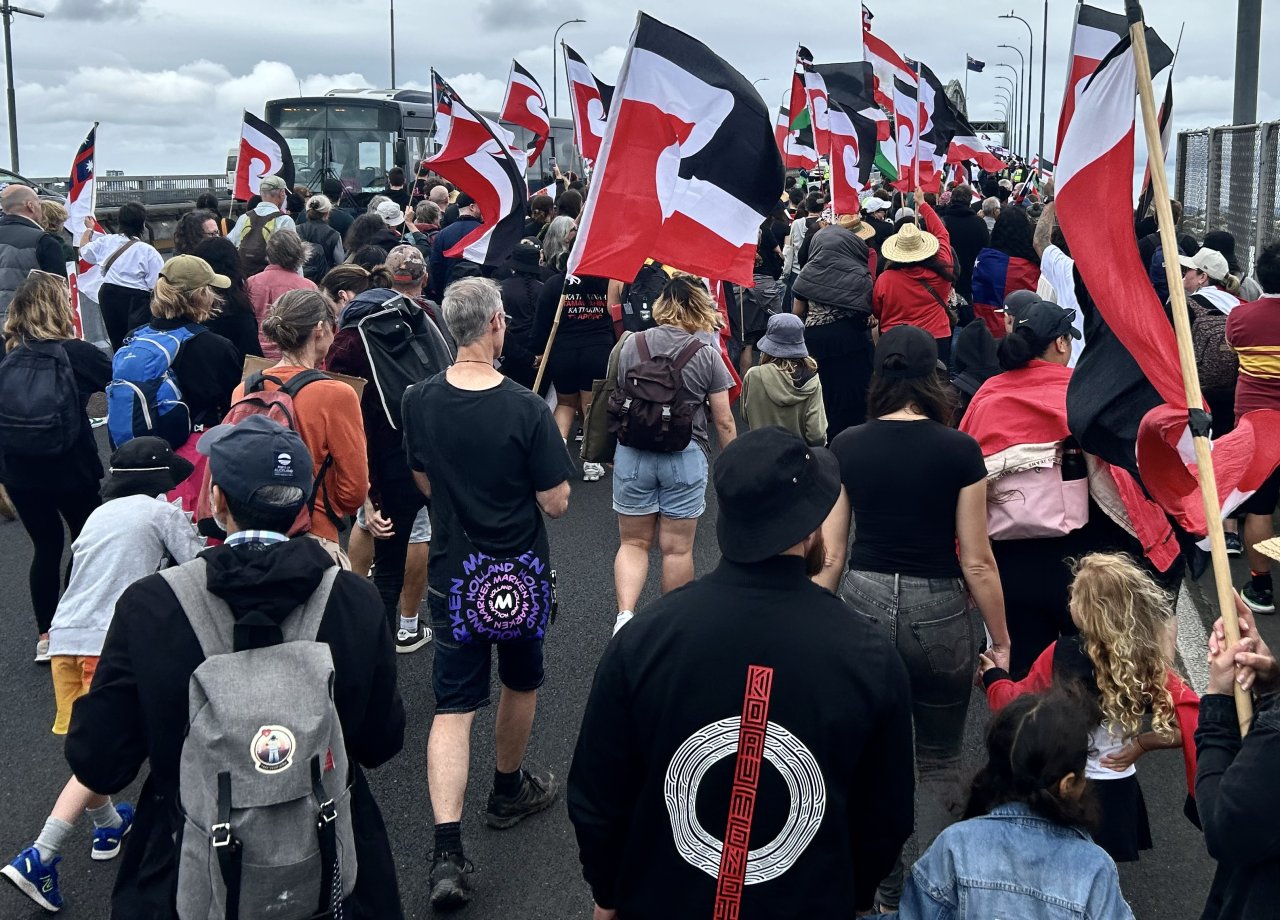About the new system
The traffic light system (also known as the COVID-19 Protection Framework) brings us a world where we are freer to move and live with less disruption and offers the stability businesses need to plan for the future. It introduces a new traffic light system to manage COVID-19 in the community:
Green
Orange
Red
Green
Green is when there are some COVID-19 cases in the community, and sporadic imported cases. Community transmission will be limited and COVID-19 hospitalisations will be at a manageable level. The health system will be ready to respond, including primary care, public health, and hospitals.
How we stay safe at Green
Record keeping and scanning will be required.
Face coverings are mandatory on flights and encouraged indoors.
Where we can go at Green
Public facilities.
Retail.
Workplaces.
ECEs, schools, kura and tertiary providers.
Specified outdoor community events.
Regional boundary restrictions will not apply.
Places with vaccination certificate requirements
There will be no limits if vaccination certificates are used for:
hospitality
gatherings, such as at places of worship or marae
weddings and civil union ceremonies
funerals and tangihanga
events (indoor/outdoor)
close contact businesses (for example, hairdressers)
gyms.
Places where vaccination certificates are not used
If a business, organisation or service, does not request proof of vaccine, restrictions will apply.
Hospitality — up to 100 people, based on 1 metre physical distancing, seated and separated.
Gatherings, such as at places of worship or marae — up to 100 people, based on 1 metre physical distancing.
Weddings and civil union ceremonies — up to 100 people, based on 1 metre physical distancing.
Funerals and tangihanga — up to 100 people, based on 1 metre physical distancing.
Events (indoor/outdoor) — up to 100 people, based on 1 metre physical distancing, seated and separated.
Close contact businesses — face coverings for staff, 1 metre distancing between customers.
Gyms — up to 100 people, based on 1 metre physical distancing.
Orange
At Orange, there will be increasing community transmission that is putting pressure on our health system. The whole of the health system will focus its resources, but can continue to manage primary care, public health, and hospitals. There may also be an increasing risk for at-risk people.
How we stay safe at Orange
Record keeping and scanning will be required.
Face coverings will be mandatory on flights, public transport, in taxis, retail, public venues, and encouraged elsewhere.
Where we can go at Orange
Public facilities will be open with capacity limits based on 1 metre distancing.
Retail will be open with capacity limits based on 1 metre distancing.
ECEs, schools, kura and tertiary providers, with public health measures in place.
Workplaces.
Specified outdoor community events.
Regional boundary restrictions will not apply.
Places with vaccination certificate requirements
There will be no limits if vaccination certificates are used at:
hospitality
gatherings, such as at places of worship or marae
weddings and civil union ceremonies
funerals and tangihanga
events (indoor/outdoor)
close contact businesses (for example hairdressers)
gyms.
Places where vaccination certificates are not used
If a business, organisation or service, does not request proof of vaccine, restrictions will apply.
Hospitality — contactless only.
Gatherings, such as at places of worship or marae — up to 50 people, based on 1 metre physical distancing.
Weddings and civil union ceremonies — up to 50 people, based on 1 metre physical distancing.
Funerals and tangihanga — up to 50 people, based on 1 metre physical distancing.
These places will not be able to operate without a vaccine certificate requirement:
events (indoor/outdoor)
gyms
close contact businesses (for example hairdressers).*
Red
At Red, action will need to be taken to protect both at-risk people and protect our health system from an unsustainable number of hospitalisations.
How we stay safe at Red
Record keeping and scanning will be required.
Face coverings will be mandatory on flights, public transport, in taxis, retail, public venues, and recommended whenever leaving the house.
Where we can go at Red
Public facilities — open with up to 100 people, based on 1 metre distancing.
Retail — open with capacity limits based on 1 metre distancing.
Workplaces — working from home encouraged.
ECEs, schools, kura and tertiary, with public health measures in place.
Specified outdoor community events — allowed with capacity limits.
Regional boundary restrictions may apply.
Places with vaccination certificate requirements
There will be restrictions if vaccination certificates are used.
These places will be able to open with up to 100 people, based on 1 metre physical distancing:
hospitality
gatherings, such as at places of worship or marae
weddings and civil union ceremonies
funerals and tangihanga
events (indoor/outdoor)
gyms.
These places will be able to open with other requirements:
close contact businesses with public health requirements in place
tertiary education — vaccines required for onsite delivery, with capacity based on 1 metre distancing.
Places where vaccination certificates are not used
If a business, organisation or service, does not request proof of vaccine, restrictions will apply.
Hospitality — contactless only.
Gatherings, such as at places of worship or marae — up to 10 people.
Weddings and civil union ceremonies — up to 10 people.
Funerals and tangihanga — up to 10 people.
Tertiary education — distance learning only.
These places will not be able to operate without a vaccine certificate requirement:
events (indoor and outdoor)
close contact businesses (for example hairdressers)
gyms.
Please contact Buckett Law for advice and assistance on how this effects you.



